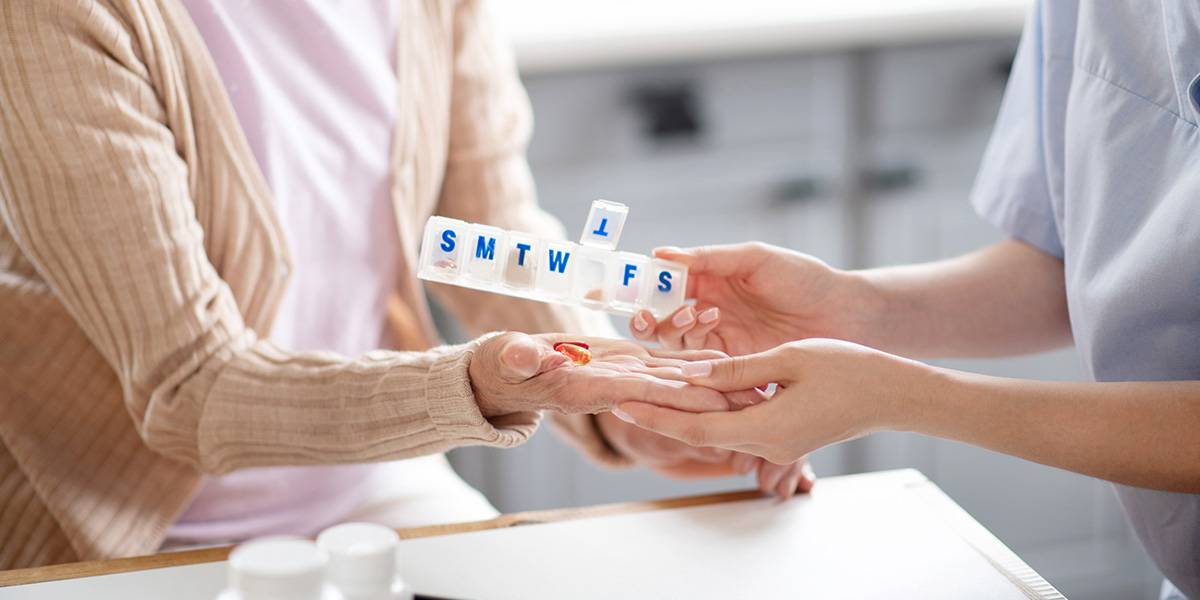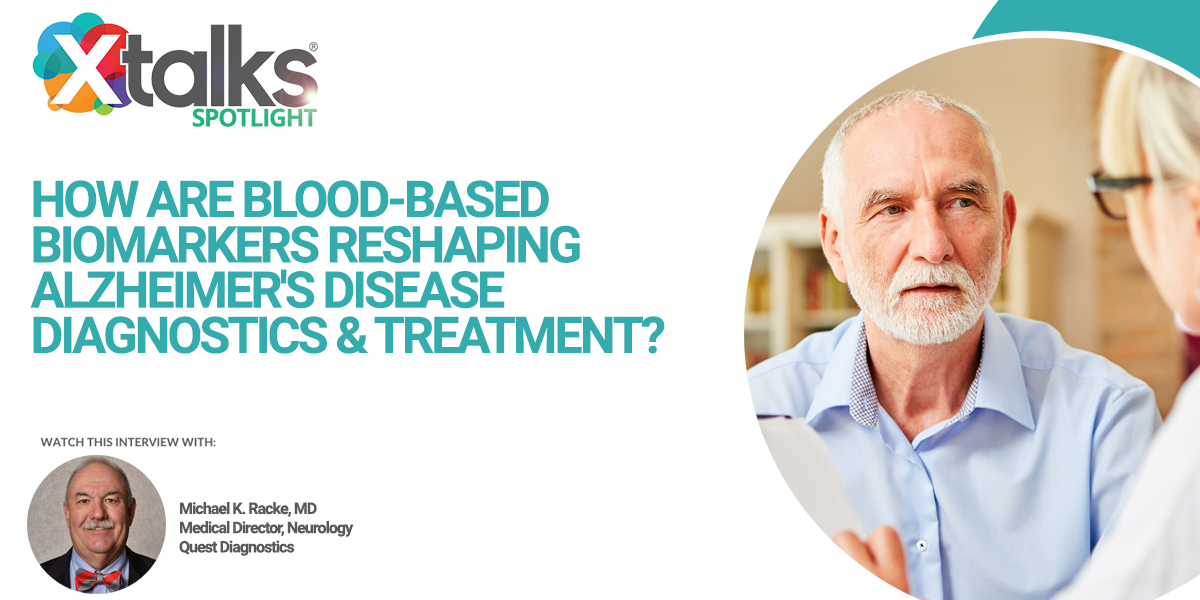Pharmaceutical, life sciences and healthcare organizations have long had the desire to make their research programs more accessible and patient-centric. Technological advances, changing patient preferences and evolving guidance from regulators and policy makers have all supported new research methods that break down barriers to participation.
Whether you consider your program design to be virtual, remote or a hybrid of on-site and digital, decentralization of clinical research provides the opportunity to reach a more diverse patient population and reduce the burdens of time and travel associated with traditional research models.
One of the key elements to the successful execution of a decentralized clinical trial (DCT) is providing patients access to in-home specimen collections and assessments. Incorporating mobile phlebotomy into your program design makes participation more convenient and can help improve retention and adherence rates.
Accommodating Patient Preferences With In-Home Visits
Even before the COVID-19 pandemic and its disruptions to traditional clinical research, participants valued convenience.
According to a survey by the Center for Information and Study on Clinical Research, roughly half of respondents expressed that their clinical trial participation disrupted their daily routine; and nearly a quarter of clinical trial participants said their least-liked element of the trial was the location of the site, being too far away or otherwise not convenient. [1]
Bringing trial-related activities to participants’ homes reduces the need for travel and can improve engagement, recruitment and retention among participants who may be facing challenges accessing traditional clinical trial sites.
Engaging More Diverse and Representative Populations
The DCT model enables sponsors to cast a wider recruitment net and thereby enroll studies that are more diverse in terms of gender, ethnicity, race and more.
And once a study population is enrolled, it is imperative for service coverage to reflect the geographic representation of trial participants. Quest Diagnostics has a national network of over 5,000 mobile phlebotomists that can help you reach patients from coast to coast.
A mobile blood draw from a trained mobile phlebotomist allows all participants to provide specimens, and these collections result in a blood subcohort that is representative of the overall trial population.
How Is a Mobile Blood Draw Performed?
Mobile phlebotomy services provide convenience and flexibility by allowing a blood specimen to be collected in the home, at the workplace or during an event. A trained mobile phlebotomist can complete a venipuncture in 10 to 20 minutes.
Mobile phlebotomists are committed to safety—single-use, sterile, disposable needles are used to collect the specimen, and vinyl gloves are always worn.
Specimens are then securely and safely transported to a designated laboratory. From blood draw to delivered results, specimens are sent through a detailed process to ensure specimen integrity.
What Is the Value of Venipuncture?
Venipuncture is considered the best practice for collecting a blood sample for laboratory testing. Venipuncture collection allows for broad laboratory testing options that are outlined by the program requiring collection.
Comprehensive venipuncture testing can identify things that may be missed with a fingerstick screening alone.
It is also important to consider whether using remote assessment or collection methods, particularly those shifting the responsibility to the participant, can introduce a new type of bias toward more motivated and technologically literate patients.
Do Mobile Phlebotomists Only Perform Blood Draws?
Quest’s network of trained mobile phlebotomists are also skilled at collecting current and historical health information during their visit.
Custom specimen collection programs can include a personal interview to record medical history as well as comprehensive screenings that consist of the following:
- Fluid collections, including urine and saliva
- Biometrics measurements, such as height, weight and waist circumference
- Blood pressure and pulse
- EKG reading
Quest can bring the laboratory to the individual with their national network of mobile phlebotomists, registered nurses (RNs), licensed practical nurses (LPNs), medical assistants, medical technicians and lab technicians.
With safe and convenient access to comprehensive diagnostic services, participants gain peace of mind from a professional and courteous specimen collection.
To learn more about improving recruitment, retention and diversity in your research, download the white paper from Quest Diagnostics on “Operationalizing decentralized clinical trials.”
[1] The Center for Information and Study on Clinical Research Participation Report on General Perceptions and Knowledge on Clinical Research: 2017 Perceptions & Insights Study.








Join or login to leave a comment
JOIN LOGIN